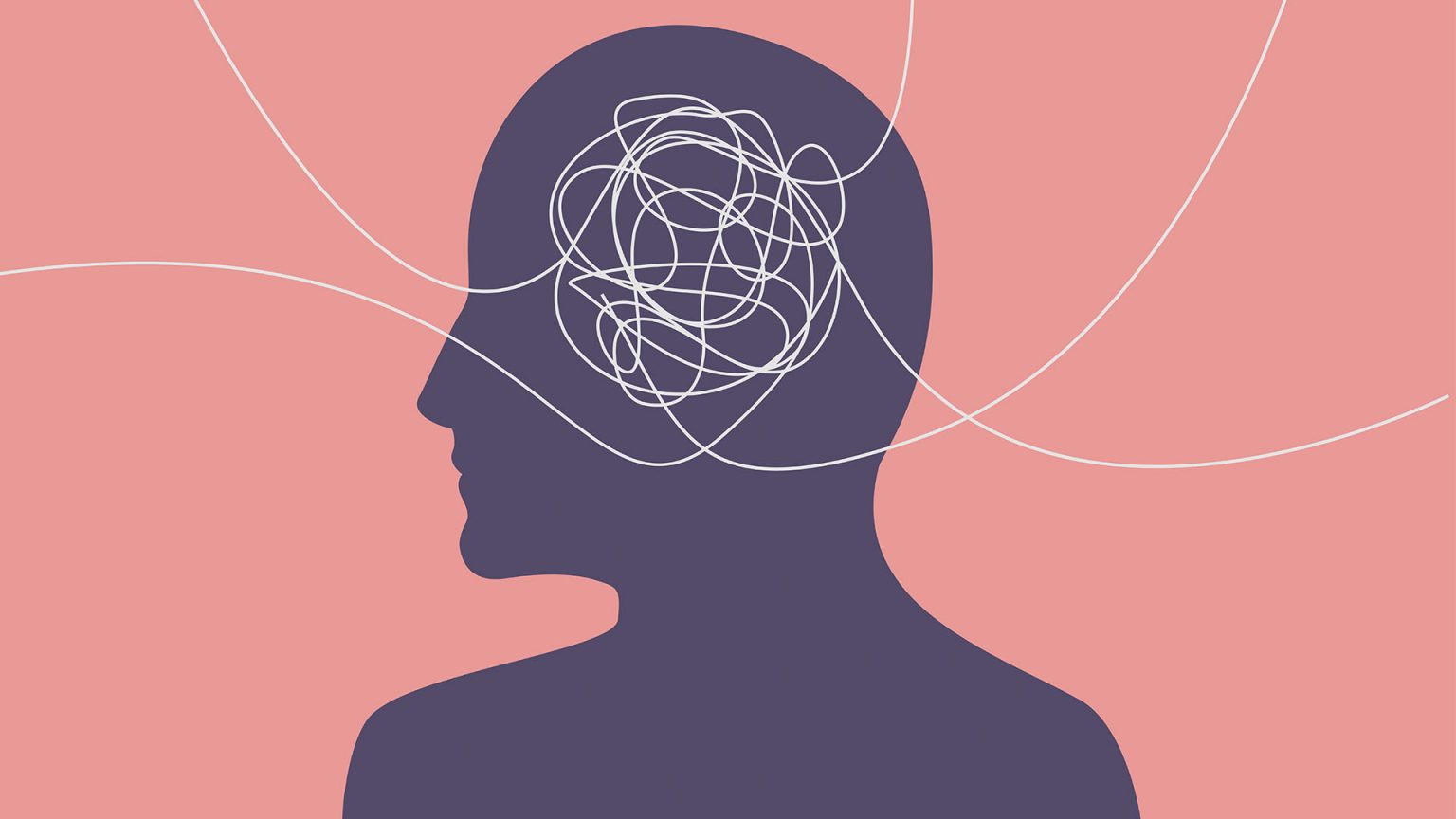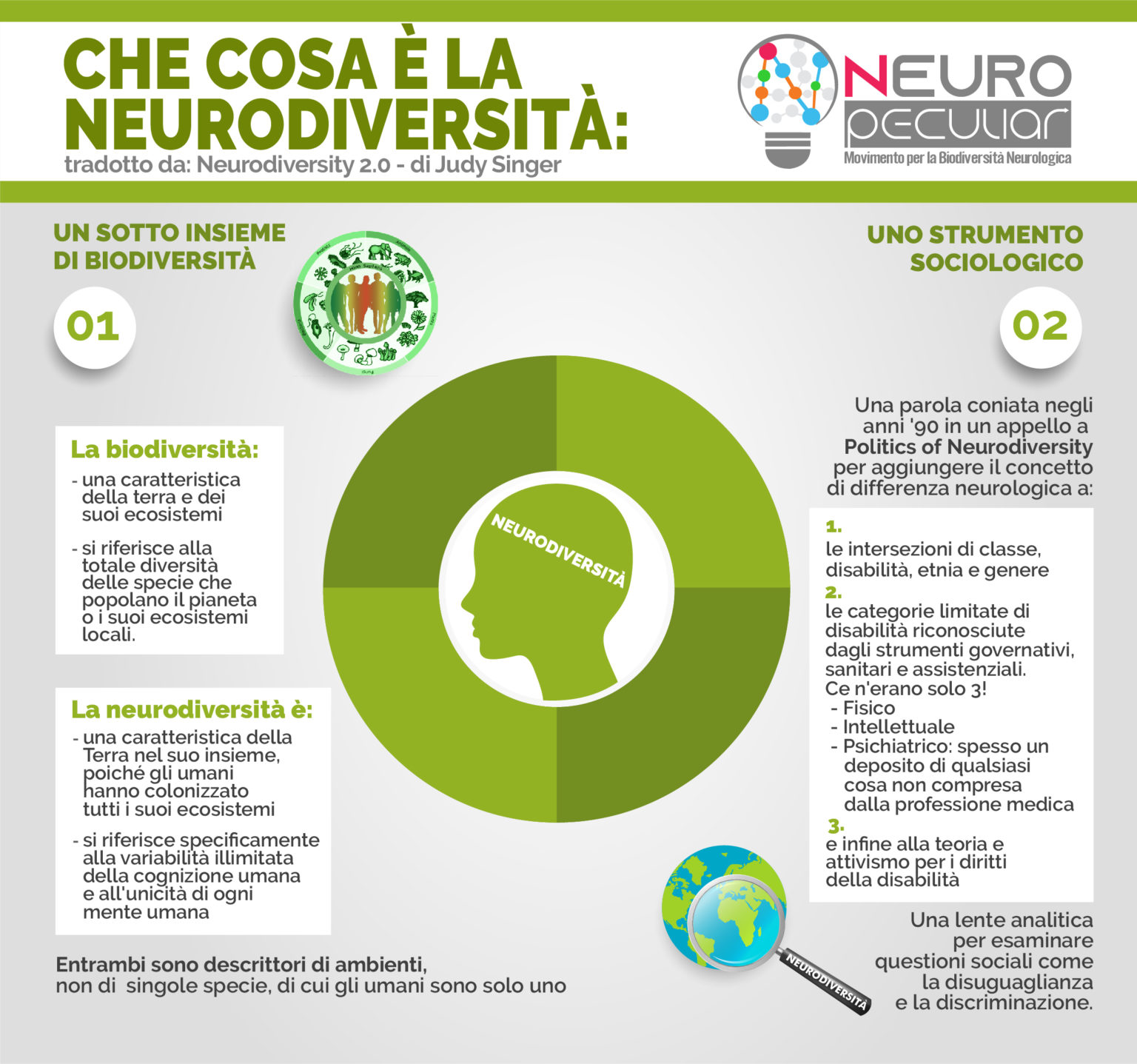
Online conversations about autism have become quite heated in the last few years. I think the concept of Neurodiversity has been world-changing, by giving us a new perspective on humanity, but it needs to mature to the point where we see that human nature is complex, and nature is beautiful but not benign.

That said, every new movement naturally polarises, and it takes time for society to find the middle ground. It can do and based on my previous point, I am concerned enough that I am rewriting my definition which you can see at my blog. Neurodiversity as a movement has been criticised for potentially glossing over the more disabling aspects the condition has for some people. As far as I am concerned “difference” shades into “disability”, and proper attention must be paid to the “lived experiences” of all family members, not just the ones with autism. I’m OK with rainbows, but they should be overlaid with a light to dark gradient, not kindergarten colours that trivialise the real experiences of families living with autism. It’s neither black and white, and definitely not rainbows and sunshine. I put the two together, as a suggestion for the name of a political and civil rights movement for us neurological outsiders, which I hoped would change the world in the same way as the Women’s and Gay Movements had.ĭo you think having both a parent with autism and a child with autism has given you a unique perspective of ASD?Īs a child carer for my mother, and a carer for my daughter, while having to cope with a world that praised my “brains”, but abused me for my autistic traits, I have a “grey” perspective.

Psychotherapy had failed us, and was generally falling into disrepute as psychiatry was being eclipsed by neuroscience. By the 90s I had realised there was a hereditary condition affecting the females in my family but didn’t know what. The word “Diversity” began to catch my attention in the 1980s, thanks to environmental science, and anti-racism. What inspired you to start thinking and writing about the concept of ‘neurodiversity’? We recently had the opportunity to meet Judy and hear more about her advocacy work, research and the impact she has had on the Neurodiversity movement. In 2003 she co-founded ASteen, a Sydneywide social club for teenagers and young adults on the spectrum, and was for several years the secretary of the Inner West Autism and Aspergers Parent Support Group. Her research was based on her experiences “in the middle of 3 generations of women somewhere on the ‘Autistic Spectrum’” and on membership of early online Autistic egroups. She is noted for the coinage of the word “Neurodiversity” in a thesis published at the University of Technology, Sydney in 1998. Judy Singer is a sociologist, author and international speaker.


 0 kommentar(er)
0 kommentar(er)
